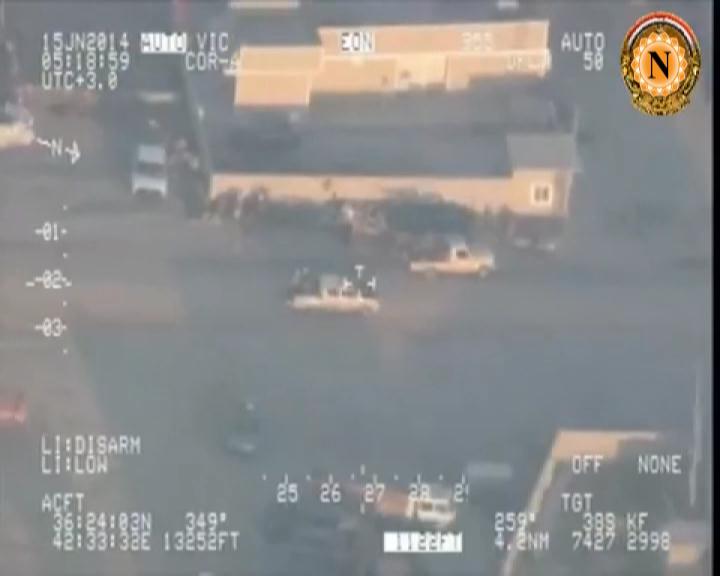Takfiri militants of the so-called Islamic State of Iraq and the Levant (ISIL) have destroyed two Shia religious sites (Hussayniyah) located north of Iraq's second largest city of Mosul, reports say.
The ISIL Takfiri militants blew up the holy sites with explosive devices in the villages of Sharikhan and al-Qubbah in the north of the country, Iraqi media sources said on Wednesday.
Hundreds of residents in the two villages have fled their homes following the attacks.
The assaults come a day after the ISIL Takfiri militants destroyed a religious site in the west of Mosul.
The terrorists reportedly used bulldozers to tear down the shrine of Fathi al-Ka'en.
The ISIL Takfiri militants also issued a statement this week calling for the destruction of all religious and historic sites in the country, media reports said.
Witnesses said the militants had destroyed symbols of Iraq's heritage in the city of Mosul, including statues of cultural icons and the tomb of a medieval philosopher.
The ISIL militants took control of Mosul, the capital of Nineveh Province, on June 10. They later took control of the city of Tikrit, located about 140 kilometers (87 miles) northwest of Baghdad.
Iraq has been witnessing a new wave of violence fueled by the ISIL Takfiri terrorists. The militants have been operating in the Iraqi provinces of Nineveh, Diyala, Salahuddin and al-Anbar.
Iraqi Prime Minister Nouri al-Maliki has said that the country’s security forces would confront the terrorists, calling the seizure of Mosul a “conspiracy.” The Iraqi prime minister has also blamed Saudi Arabia and Qatar for the security crisis and growing terrorism in his country, denouncing Riyadh as a major supporter of global terrorism.
/129

